Racing to Change: Oregon’s Civil Rights Years
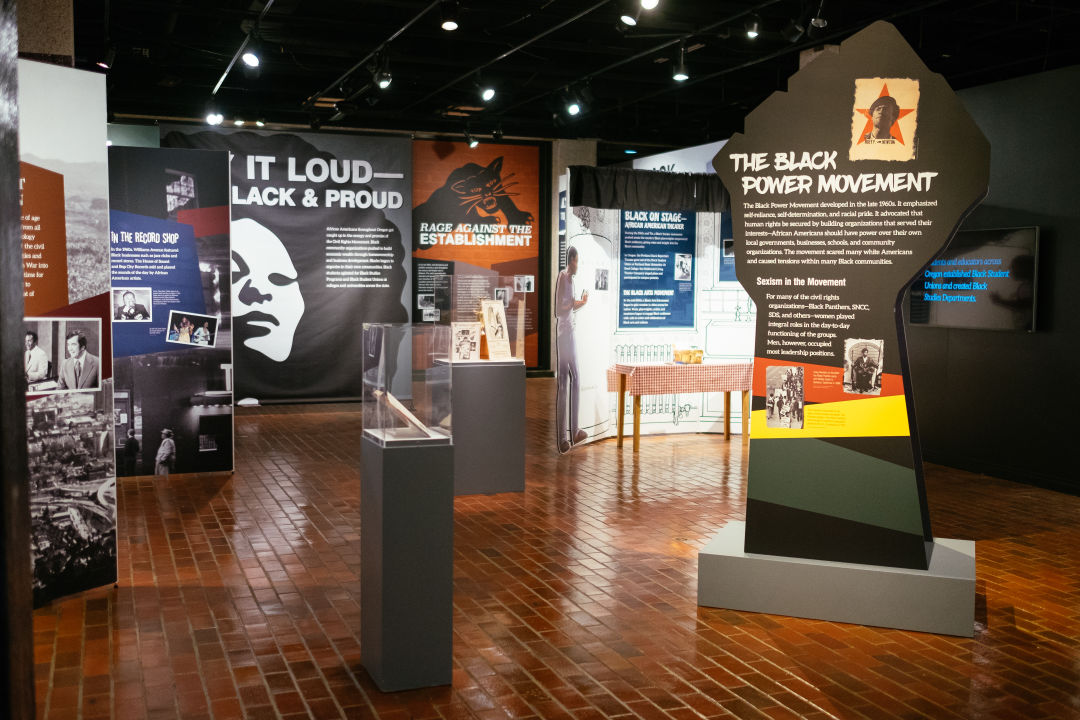
It’s no secret that Portland has a reputation for being one of the whitest cities in America. Yet, Portland’s history has been undeniably shaped by the many Black residents who have made their home here. And, it is this history that the Salem-based Oregon Black Pioneers have dedicated to preserve and share.
Through a series of exhibitions that have been displayed at the Oregon Historical Society in downtown Portland, the volunteer run Oregon Black Pioneers have shared the stories of Black Oregonians, spanning from 1788 to the mid-twentieth century. Through their exhibitions, the Oregon Black Pioneers are working to educate individuals about the essential role that African Americans played in building the social, cultural, and economic base of Oregon.
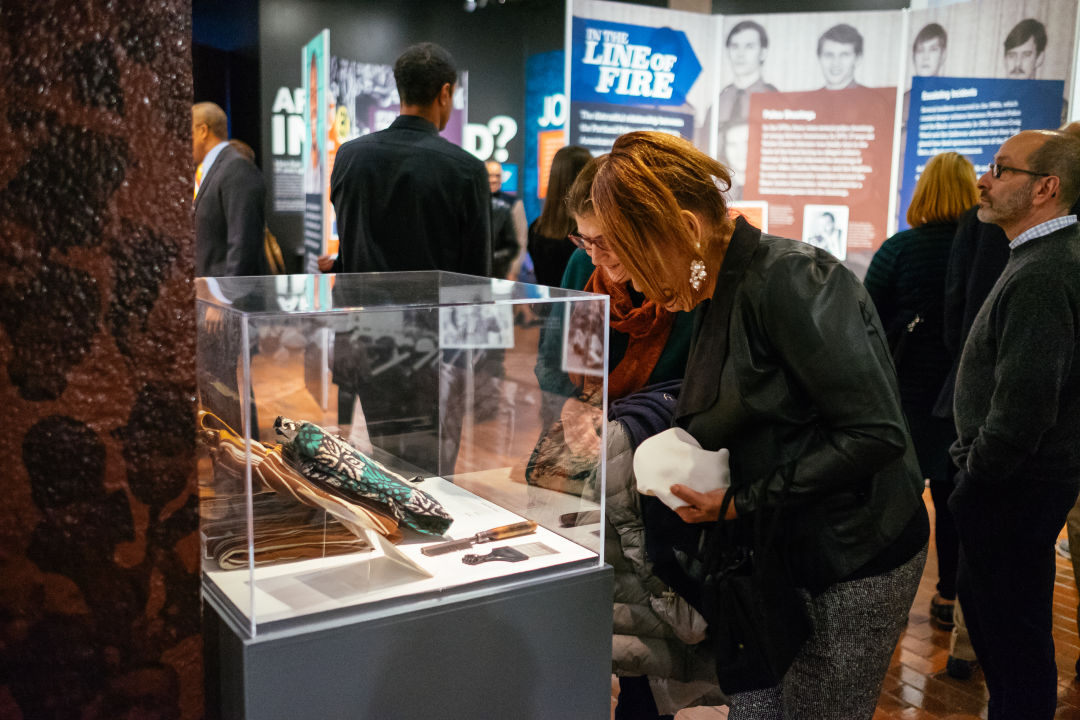
On January 15, the Oregon Black Pioneers unveiled their fourth exhibition Racing to Change: Oregon’s Civil Rights Years, a groundbreaking display that details the courage, struggle, and progress of Oregon’s Black residents during the 1960s and 1970s and the reverberation of those issues today. This interactive display traces the ways that discrimination practices affected Oregon’s Black community and spurred the Civil Rights Movement in Oregon.
“Racing to Change seeks to educate and engage visitors of all ages and backgrounds and challenge them to reflect on the current racial environment and make choices for positive change today,” said Gwen Carr, Exhibit Co-Curator.
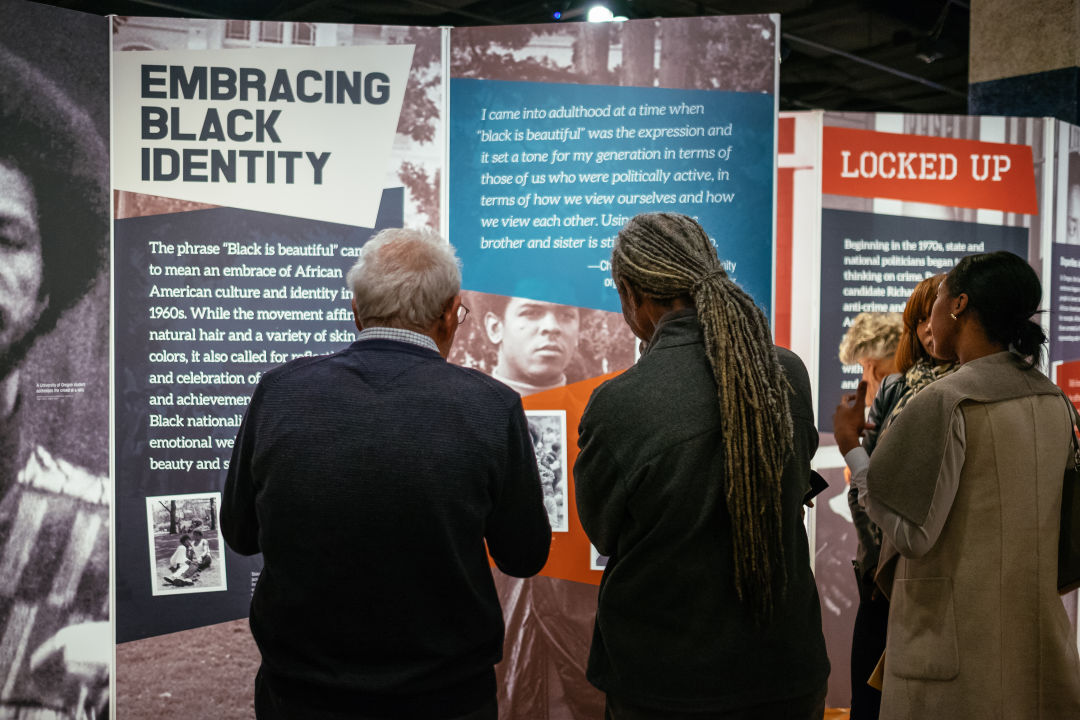
The exhibit showcases an exciting period in Oregon and national history—while the 1960s and 1970s were filled with cultural and social upheaval, conflict, and change, it was also an era of celebration, experimentation, and achievement for African Americans. Through the Civil Rights Movement, young people made their voices heard, and were propelled to be catalysts for change within their communities. Racing to Change also shares how established, vibrant Black communities held together in the face of public works funded demolition of homes and businesses, disruptive school integration measures, and other challenges.
The exhibit also strikes parallels with the conversations and movements that are happening throughout our country today. One section highlights Black athletes like Muhammad Ali, Bill Russell, and Kareem Abdul-Jabbar who used their platforms to speak out on political issues, much like today’s NFL players have carried out a peaceful protest against racism and police brutality by kneeling during the National Anthem.
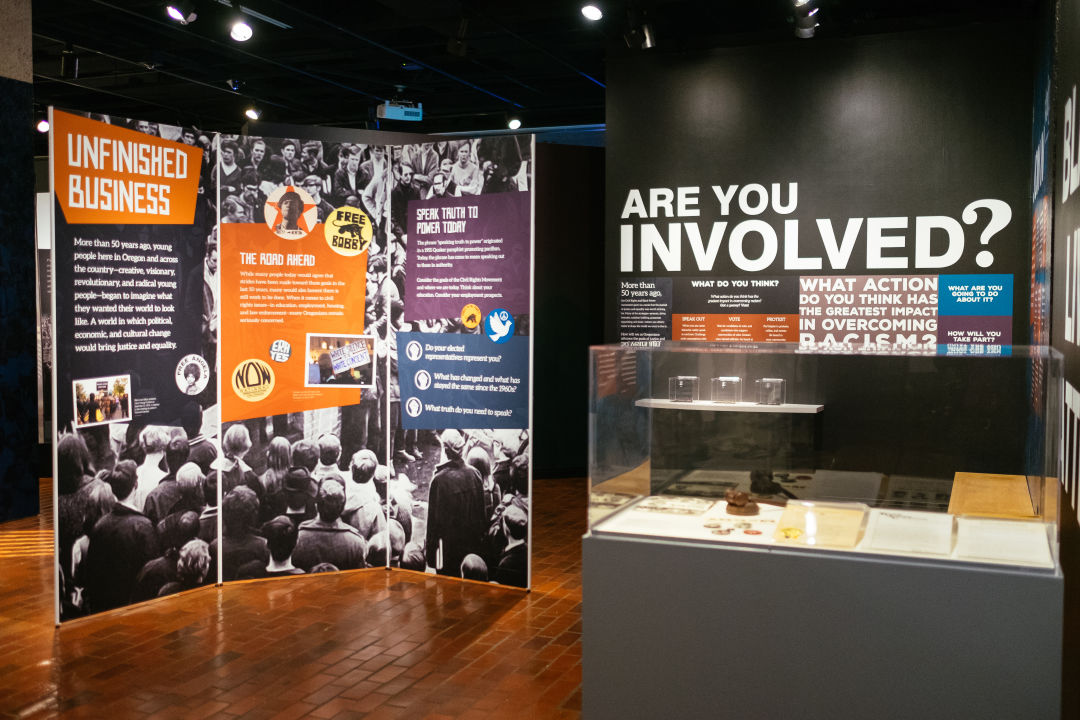
A variety of community programs focusing on themes raised in the exhibition will provide multiple opportunities to explore its rich content. These programs will include community dialogues between 60s and 70s activists and current activists, a program highlighting the campus activists’ movement on various college campuses in Oregon, a free family day, and history talks by scholars and community elders.
"We hope that visitors to this exhibit will be inspired by the efforts of national and local civil rights activists and ordinary people who sacrificed their time, talent, and sometimes their lives for socioeconomic change. Most of all, we hope to encourage visitors, through their own personal capacity, to contribute to the fight for justice, equity, and inclusion in their respective communities," said Kim Moreland, Exhibit Co-Curator.
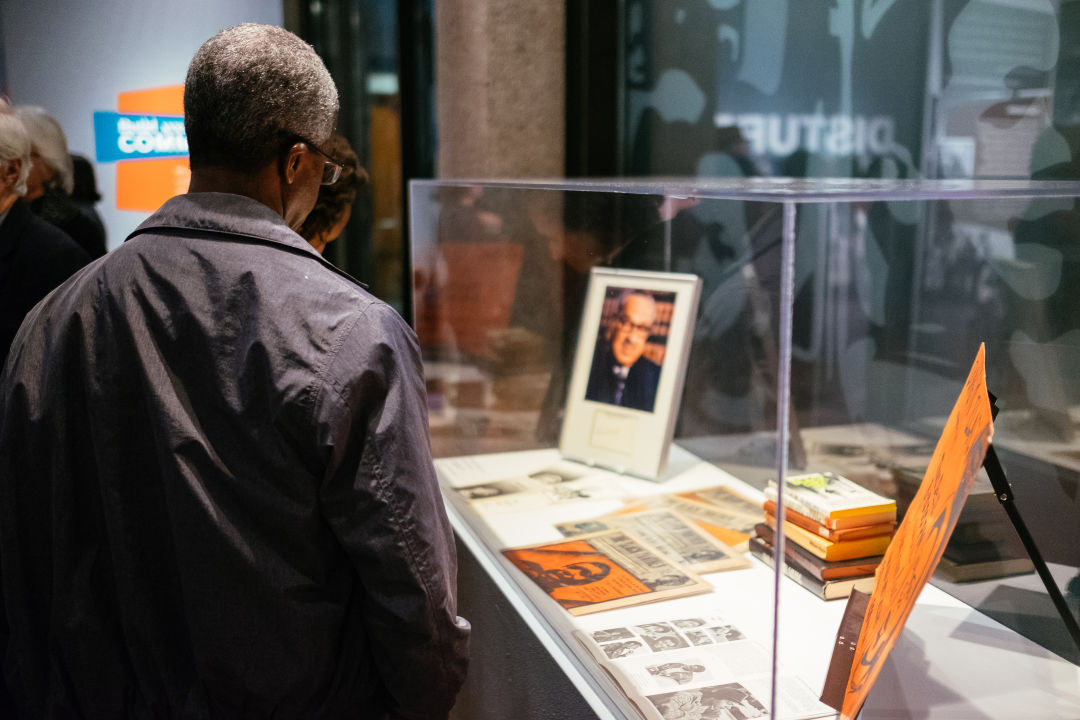
Racing to Change: Oregon’s Civil Rights Years is on view now through June 24, 2018 at the Oregon Historical Society (1200 SW Park Avenue, Portland). The museum is open seven days a week, Monday – Saturday from 10am – 5pm and Sunday from 12pm – 5pm. Admission is $11, and discounts are available for students, seniors, and youth. Admission is free for OHS members and Multnomah County residents.
